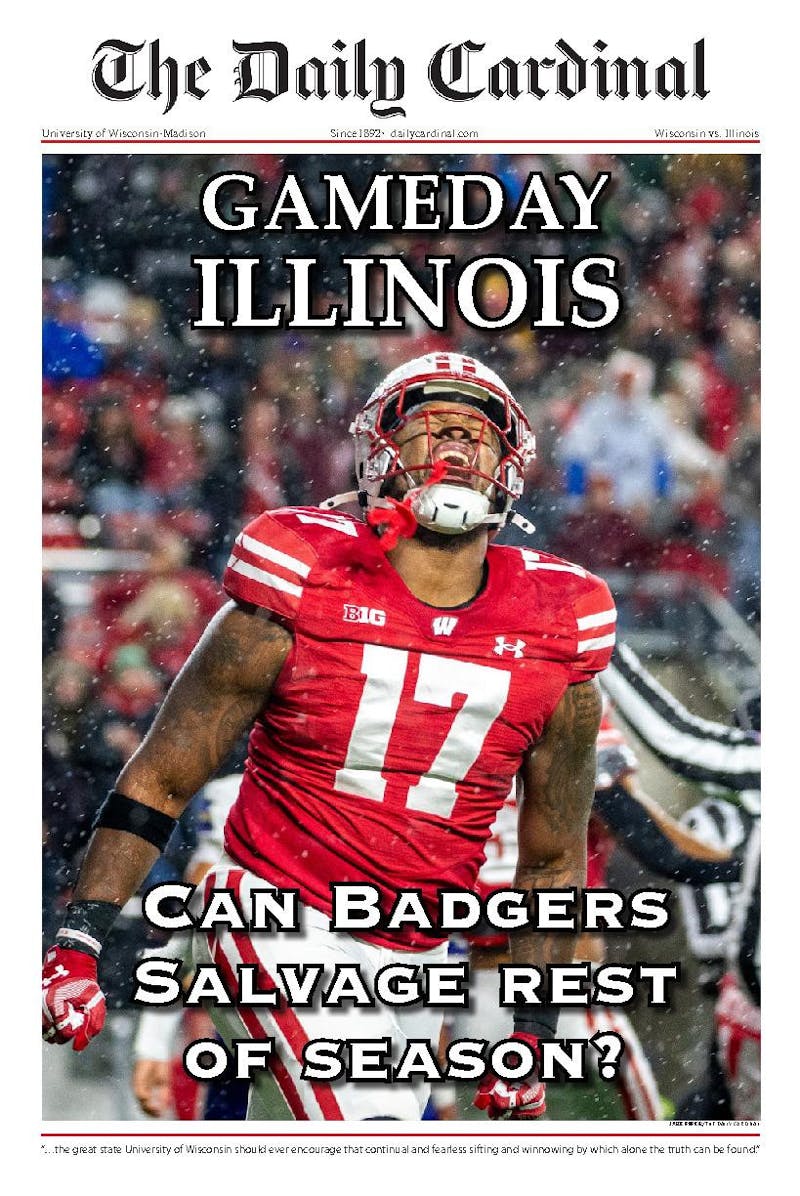In his new budget, Gov. Jim Doyle proposed a tax that will extend the state's 5 percent sales tax to Internet purchases such as digital music, television shows and movies.
The reasoning is simple: If a consumer purchases the same hard-copy items in Wisconsin stores, they would be subject to the sales tax. This tax seeks to balance the market and close the potential loophole in the law that allows online businesses to escape the state sales tax. If stores must assess sales tax in person, it seems fair to hold online retailers to the same requirements.
While the underlying logic is clear, the practical applications are not so obvious. As the proposal stands, individuals must self-report online purchases and include them in yearly income taxes. But this presents a problem: Must users then save and file receipts for a simple 99-cent purchase?
Additionally, music purchased while signed online in other iPod-tax free states could create lost revenue for the state. As with most other attempts to regulate this brand new marketplace, there are clearly loopholes that need to be addressed.
While the new tax amounts to only a few cents per song, over an entire collection the accumulated cost could add up.
We are hesitant that a new tax on such a young industry will discourage users from purchasing their digital media through legal avenues instead of free alternatives such as BitTorrent.
Perhaps this proposal would be more effective by waiting until this new market structure is sufficiently stable.
Nevertheless, this board supports the reasoning behind the tax, but is convinced the assessment cannot be user based. The average taxpayer does not know enough about the tax code to voluntarily file the tax for their online purchases, whether intentional or not.
As with any other sales tax, digital vendors should assess the tax at the point of purchase and then have the responsibility of tracking and paying the grand total to the state government.
Internet Protocol addresses could be used to track the location from which a user is signed in, then assess the appropriate rate of sales tax. Expecting the average iTunes user to self-report is unreasonable and ultimately unenforceable.





